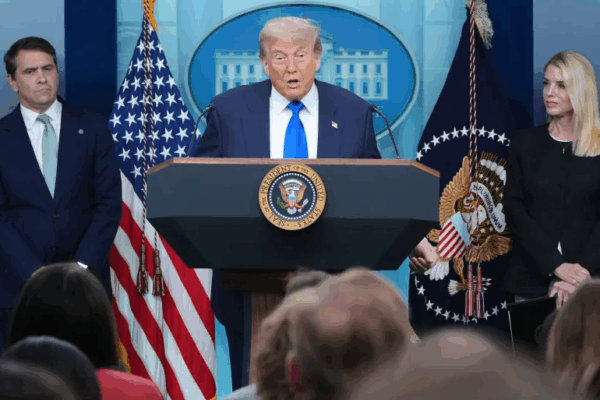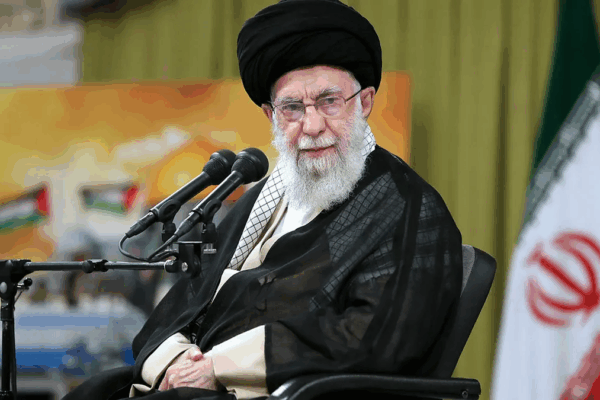
Trump Doubles Down on Iran Nuclear Claims Amid Doubts Over Strike Effectiveness
U.S. President Donald Trump has once again asserted that recent American and Israeli strikes on Iran’s nuclear facilities significantly crippled Tehran’s capabilities, despite growing skepticism from intelligence sources and the United Nations’ nuclear watchdog. Speaking on Fox News Sunday Morning Futures with Maria Bartiromo, Trump insisted that Iran was “weeks away” from acquiring nuclear weapons before the U.S. and Israel launched strikes beginning June 13, targeting key facilities at Fordow, Natanz, and Isfahan. He claimed the sites were “obliterated,” and that the operation had “set Iran’s nuclear ambitions back by decades.” However, this narrative clashes with multiple intelligence reports and assessments from the International Atomic Energy Agency (IAEA), which found no conclusive evidence that the facilities were permanently disabled. IAEA Director-General Rafael Grossi stated that Iran could resume uranium enrichment “within months,” raising doubts about the long-term impact of the strikes. An IAEA report last month indicated that Iran had stockpiled over 400kg of uranium enriched to 60% purity—close to weapons-grade—enough to produce multiple nuclear weapons if enriched further. Meanwhile, Tehran maintains that its nuclear programme is strictly for civilian use. Trump dismissed media reports contradicting his version of events as “fake news,” claiming the bomb strikes penetrated the heavily fortified Fordow site with ease. “The bomb went through it like butter,” he said. He also denied reports that Iran had evacuated its enriched uranium from the facility ahead of the attack. On the geopolitical front, Trump revealed that U.S. trade negotiations with Canada were paused over a controversial digital tax. He also confirmed that he had found a group of “very wealthy people” to acquire TikTok, promising to reveal the buyer in two weeks after extending the app’s ban for another 90 days. Trump’s continued defiance on the Iran issue comes as Washington attempts to balance military posturing with diplomatic efforts in the aftermath of the recent 12-day conflict involving Iran, Israel, and the U.S.


